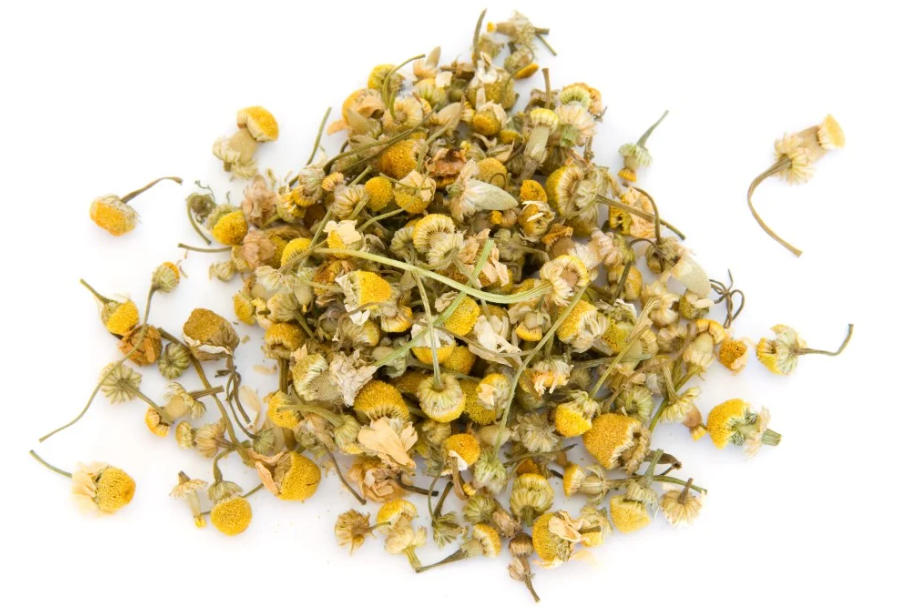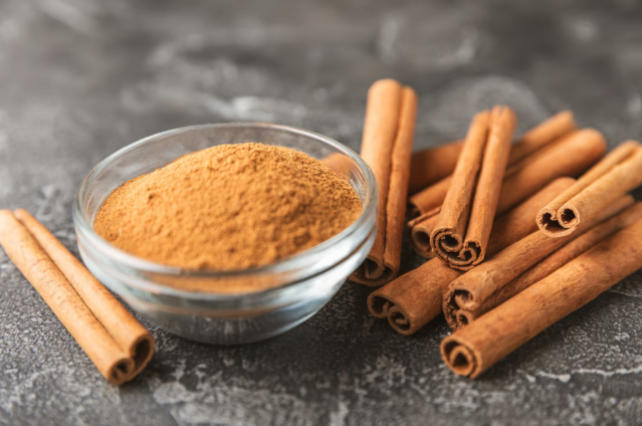
 i_need_contribute
i_need_contribute

When Portuguese ships first sailed into Macau laden with exotic spices, they brought remedies as well as new tastes. Cinnamon warmed the body, ginger soothed nausea and dried mandarin peel aided digestion. Macau became a crossroads where traditional Chinese medicine (TCM) met global trade, a legacy alive in the city’s herbal tea shops and kitchens today.
Step into teahouses like Herbal Treasures, and you’ll find soups and teas that do more than fill the stomach – restoring balance, boosting immunity and supporting digestion. Local apothecaries, such as Chong Kio, built their reputations blending these spices into healing remedies and nourishing soups. Ines Lam, CEO of Chong Kio Farmacia Chinesa, lists cinnamon, ginger and dried mandarin peel as some of the top ingredients found in traditional Macanese kitchens.

Cinnamon sticks are commonly found in Macanese kitchens. Photo: Shutterstock
“In TCM, cinnamon is considered warm and helps replenish energy, improve circulation, dispel cold and ease abdominal discomfort,” says Lam. “Portuguese sailors valued cinnamon for maintaining blood flow during long sea voyages. Today, it remains widely used in Macanese cooking and desserts, including the well-known Portuguese egg tart.”
Ginger’s use spans cultures and centuries. Traditional Chinese practitioners prescribe it for colds and digestive issues, while Portuguese sailors once chewed it to combat seasickness. Today you’ll find ginger everywhere in Macau, from hearty soups to zesty juice shots.
Dried mandarin peel, or chen pi, is perhaps the purest symbol of Macau’s fusion of traditions. Aged for years, it develops flavonoids that soothe coughs and reduce inflammation. Lam explains its dual heritage: “Common in TCM soups and teas, chen pi helps regulate qi. Portuguese herbal remedies also recognised its digestive qualities.”
Wellness trends have only increased the demand for these spices with a “shift towards natural and plant-based remedies,” she notes. “The pandemic in particular drove interest in immunity-supporting ingredients such as ginger, garlic and turmeric.” Having said that, heavier spices such as cloves and star anise – once common in traditional Macanese stews – have lost their allure in daily cooking but continue to play a role in seasonal dishes and wellness broths.